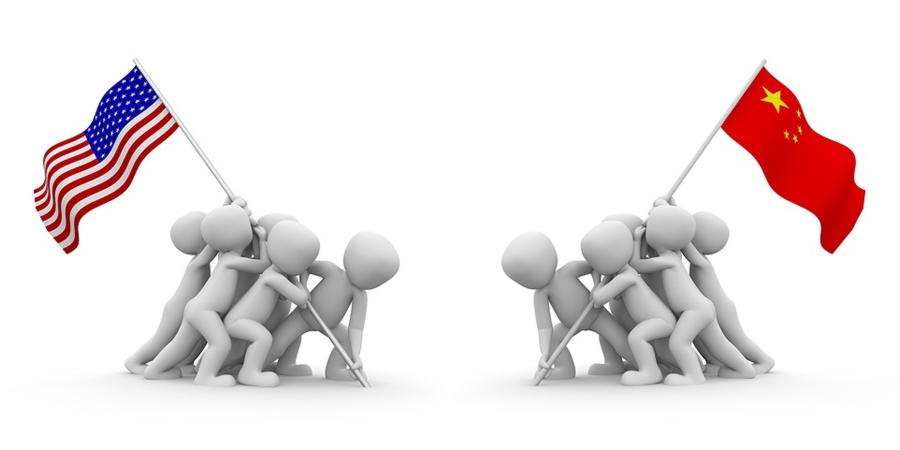United States President Donald Trump is imposing $50-$60 billion of annual tariffs on products imported from China ranging from consumer goods to electronics. The US Trade Representative Robert Lighthizer was reportedly instructed by the President to publish a list of products that will be affected. China has responded with $3 billion in targeted tariffs.
This announcement and the implications of a potential trade war have sent many people in the technology industry reeling, Counterpoint Research reports. While the US government aims to protect the domestic tech industry by introducing the new trade restrictions, tariffs as high as 25 percent could affect the sales of smartphones being imported into the US from Chinese manufacturing sites.
According to Counterpoint’s latest research from its Market Pulse program, 74 percent of total US smartphone shipments in 2017 came from China amounting to 130 million units. Revenues from Chinese imported smartphones also make up 86 percent of total smartphone revenues in the US. The top 5 brands which are exported from China are Apple, LG, ZTE, Motorola, and Samsung.
“The implications that this potential tariff could have do not bode well for the US smartphone market,” said Counterpoint Research Director Jeff Fieldhack. “The move is seen as negative and we immediately saw a decline in telecom stocks. Since 75 percent of US smartphones are imported from China, a 15 percent or 25 percent tariff would be substantial and likely drive prices higher. For example, when import duties were recently raised in India, iPhone prices rose and so did prices for iPhone accessories, parts, and the Apple Watch.”
Analysts also warn that smartphone components could become more expensive as a result of the trade tariffs – a trickle-down effect. For example, the currently growing refurbished market may take a hit, analyst Maurice Klaehne says, as major operators, manufacturers and distributors have added full-life cycle services. Parts may become more expensive, Maurice warns, which would impact the cost of repair and refurbishment services.
But there is no certainty yet of what effect the new tariffs will mean for the telecom sector. The Trump administration’s recent steel and aluminum tariffs were watered down, with tariffs temporarily suspended for the European Union, Argentina, Australia, Brazil, Canada, Mexico and South Korea.
It is also unknown if the Trump administration will attempt to protect certain sectors or companies with exceptions similar to the exclusions made for six countries on steel and aluminum import duties, said Counterpoint Research Director Peter Richardson.
China's theft of foreign intellectual property is what sparked the new tariffs, according to Washington, BBC’s Stephen McDonell suggests in an op-ed. “If international companies want to operate in China they must hand over their intellectual property for the privilege, thus delivering the likes of German high-speed rail technology into the hands of Chinese engineers,” he said.
The US government claims that it has been acting to counter unfair competition from China’s state-led economy. But with China now retaliating with its own tariffs, US tech companies like Apple, for example, could be forced to raise their prices to compensate. It now remains to be seen if China will follow its opening gambit with stronger countermeasures against the US.





